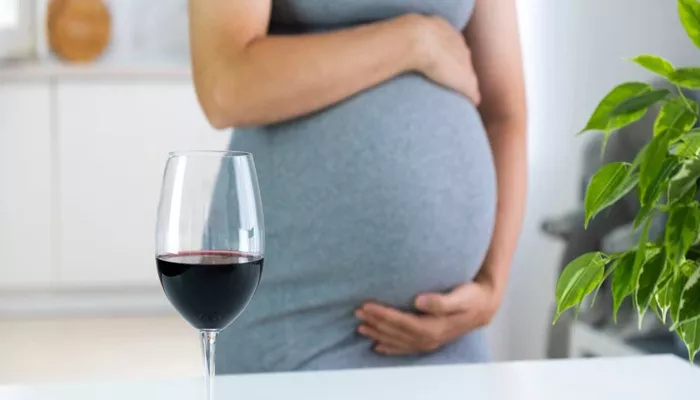Beverage companies are under scrutiny for failing to properly warn consumers about the risks of drinking alcohol during pregnancy. A recent study found that more than one-third (37%) of alcohol products sold in Australia are not displaying the required pregnancy warning labels on bottles or cans.
Despite health advocates’ push to bring Australia up to global standards, the alcohol industry has resisted adding these warnings, according to Simone Pettigrew, the study’s lead author. “Even with a three-year deadline to include standardized pregnancy warnings on all new packaging, more than a third of the products we reviewed still lacked them,” said Professor Pettigrew, a researcher at the George Institute for Global Health. “Most alarmingly, only half of the spirits, which contain the highest alcohol content, included the warning.”
The study analyzed nearly 6,000 alcoholic beverages sold in four major liquor stores across Sydney, and was published in the Australian and New Zealand Journal of Public Health. The warnings on labels indicate that drinking alcohol during pregnancy increases the risk of lifelong health problems for unborn children. These risks include fetal alcohol spectrum disorders, miscarriage, stillbirth, premature birth, and low birth weight.
Businesses were given a three-year period, from July 31, 2020, to July 31, 2023, to comply with the new labeling requirements. However, Alistair Coe, executive director of the industry group Alcohol Beverages Australia, contested certain points of the study, particularly its timing. “The survey was conducted right before and after the August 1, 2023 deadline,” he explained. “As a result, most of the products analyzed would have been produced and labeled before pregnancy warnings were mandatory.”
Researchers collected data from June to November 2023. Coe added that while older products, like aged wine, may not meet the new requirements, nearly all alcohol consumed today now includes the pregnancy warning because it was produced after August 2023. He also emphasized that 86% of the products analyzed had some form of pregnancy warning.
“The Australian government has implemented sensible transitional measures that are working as intended,” Coe said.
However, Terry Slevin, CEO of the Public Health Association of Australia, argued that the study highlights the need for stronger government action on alcohol labeling. “The results show that we cannot rely on the food and beverage industry to self-regulate the labels on their harmful products,” he said. “It’s time for the government to step in and take control of alcohol warning labels to ensure Australians can make informed choices about their health.”
Related Topics:


